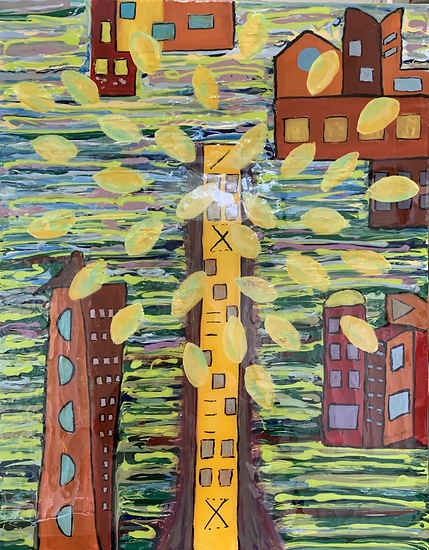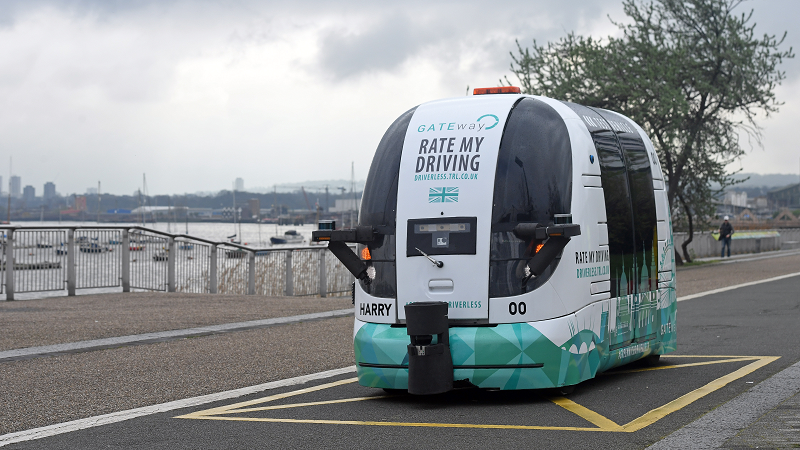
The forests were cut to make room for people. Humans inhabited and warmed the planet bringing about natures fury. Now, to have rich and meaningful lives, we must replant, reduce our carbon footprint, and develop new ways to exist in harmony with nature.
Why is it difficult to do what’s right?
We all require access to energy, food and healthcare at reasonable prices. To be happy we need to relax and have places to go where we can join others in community. We encourage our children to have dreams and enjoy helping them get realized. And, as adults, we believe we deserve salaries that will enable us to live without fear of landing on the streets do to a quirk of nature.
Unfortunately, our most ardent desires are easily shaken by natural events that bring disaster to communities and individuals. Floods, earthquakes, hurricanes, tornadoes, fires, droughts, and pandemic, to name a few, are becoming increasingly destructive. And, as in COVID’s case, they can affect a large part of the globe’s population.
If our goal is to live a rich fulfilling life, we need to pay more attention to events of nature that may disrupt dreams. Surprisingly, though we know that natural disasters are bound to occur, it is difficult to get motivated to prepare for emergencies. Most of us are procrastinators.
As chair of an emergency planning committee, I’ve learned that getting people to plan for unexpected events is as difficult as getting people to wear masks at the start of a pandemic. Humanity prefers to wait until tragedy strikes before acting, which may not be catastrophic if you are wealthy. If you are middle income or poor, it could be devastating and require those with money to help assist if they don’t want their streets completely taken over by homelessness and illnesses like typhoid.
Our country was fore warned of the possibility a global pandemic by scientists, yet was of little interest to the general public. And, though the Obama administration did develop a plan for dealing with a pandemic, it was defunded by the Trump administration. What they did is not unusual. Plans made in the heat of the moment are often shoved to the of back file cabinets and never reviewed again.
Few Americans have rainy day funds in anticipation of a disaster. They don’t carry emergency kits in their cars or have a five day supply of water in their homes. Those living in earthquake or flood prone areas may carry extra insurance a year or two after an event, but tend to drop it a few years later.
Scientists repeatedly say that disasters caused by climate change will get only worse. Though it already impact millions of people, those unaffected become angry with eco-migrants waiting at our borders. They ignore projections about future migrations despite the fact that a billion people will be affected. I never hear talk about how to accommodate people fleeing climate tragedies, though there will be ramifications for every town in every country with a habitable climate. Before long, doing nothing will not be an option.
I don’t appreciate how President Trump made people doubt science, yet I do marvel at his ability to attract followers who take his word over that of experts. One thing he does is paint a rosy picture of the future. Imagine what would happen if his marketing skills were used to inspire people think critically and seek truth. Since nature will continue to throw unexpected events our way, what if we changed tactics? Rather than present doom and gloom futures, lets frame arguments that show ways to develop richer, more satisfying lives
For instance, rather than say, “burning gasoline produces carbon that warms the planet, causing rising waters, wild storms and fires,” say, “electric cars will make cities quieter and the air cleaner giving you a better quality of life.”
When discussing energy, point out ways we have cut energy consumption so people think we are headed in the right direction. Cell phones and computers, for example, enable us to communicate world wide instead of having to travel to see family or business partners in gas guzzling cars and airplanes.
Rather than ask people not to drive gasoline guzzling cars, build transportation networks that are safe, clean, comfortable, and less expensive than owning several vehicles. Small electric busses (Jitneys) moving through neighborhoods on frequent schedules are safer to be in, less polluting, and easier to manipulate than large buses.
Ask city planners to to redesign streets to accommodate family sized driverless buses like those starting to be used in Taiwan and London. Many of these vehicles will travel on specially designated lanes that make travel safer with fewer accidents.
Let’s get rid of trolley tracks that are the source of many casualties and make bike lanes as safe for children as they are in the Netherlands so they don’t have to be bussed to school. Health benefits from cycling and walking are significant and go far to connect people to their communities.
When the pandemic ends, many business will continue to have their employees work from home. Workers will share desks and computers and mainly come to headquarters for in-person conferences. Companies will save a great deal of money with these hybrid measures. Stress will decrease with fewer cars on the road and health will improve when people don’t have to share crowded elevators with sneezing riders.
Rather than fear messages calling us to lock out eco-migrants, let’s find a way to integrate them into our communities, by teaching them our language and sharing our values rather than pushing them into ghettos. Migrants are not pariahs, but simply people forced to face catastrophic change. And-global warming will force everyone to change with them. Migrants will have to be accommodated, not only by us, but by countries throughout the globe.
Climate change is not a problem we can solve by ourselves. It is an international crisis that requires countries to work together to find solutions. Migrants need to shelter, food, employment and to be educated into the host country’s way of life. Accommodating them will give construction workers jobs, provide income for landlords, outlets for farm produce, and sales for retail stores. If we make our guests are happy, we will be happy too. Nature is not bringing about the end of the world, but the beginning of a entirely new way of being.
Do comment below. I look forward to hearing from you.
Art is always for sale. Contact me at marilynne@eichingerfineart.com.
Forest Conversion – Acrylic on Canvas / 28” x 22” x 2” / $399.


